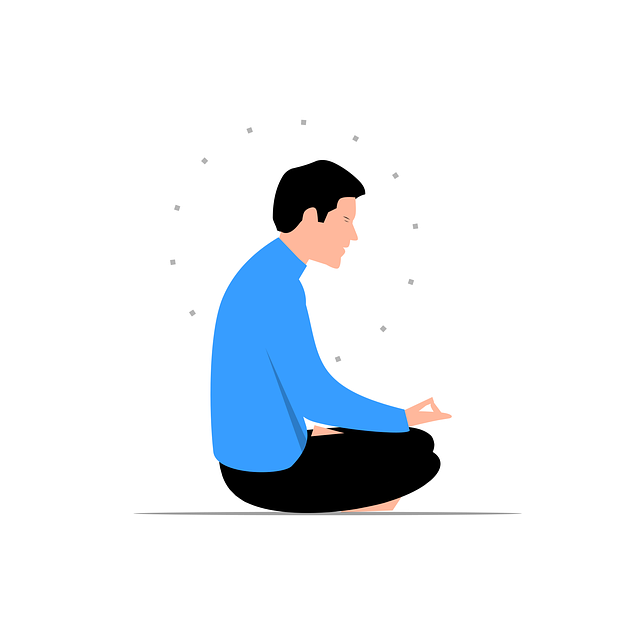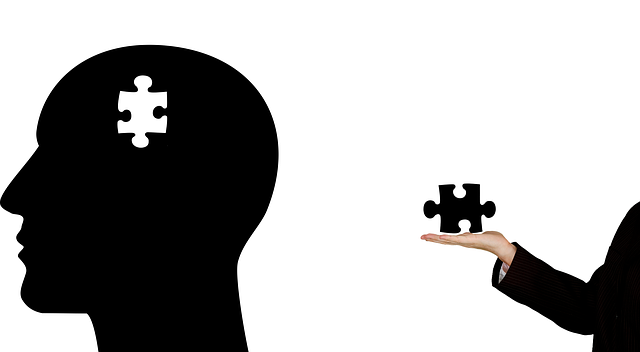Understanding mental health is key to developing meaningful self-care. Through therapy like Dialectical Behavioral Therapy (DBT), individuals gain skills to manage intense emotions and improve relationships, fostering balance, resilience, and well-being. Personalizing routines by integrating mindfulness, stress management, and professional support ensures effectiveness tailored to unique needs. DBT offers valuable tools for emotion regulation, distress tolerance, and interpersonal skills, promoting resilience building and social proficiency with qualified therapists providing progress monitoring and adjustments.
Mental wellness is a journey, and creating a self-care routine is a powerful step towards achieving lasting well-being. This article guides you through developing a personalized mental health practice, focusing on the evidence-based approach of Dialectical Behavioral Therapy (DBT). Discover how integrating DBT techniques into your daily life can enhance emotional regulation and resilience. Learn strategies for sustaining long-term mental wellness routines tailored to your unique needs, ensuring a balanced and fulfilling life. Explore these practices to nurture your mind and embrace a healthier you.
- Understanding Your Mental Health and the Role of Self-Care
- Integrating Dialectical Behavioral Therapy (DBT) Techniques into Daily Routine
- Sustaining and Personalizing Your Long-Term Mental Wellness Routine
Understanding Your Mental Health and the Role of Self-Care

Understanding your mental health is the first step toward developing a meaningful self-care routine. It involves recognizing your unique emotional needs and challenges, which can be facilitated through therapy for adults, such as Dialectical Behavioral Therapy (DBT). DBT equips individuals with essential skills to navigate intense emotions, improve interpersonal relationships, and enhance overall resilience building. By understanding your mental health landscape, you can begin to incorporate effective self-care strategies tailored to your specific needs.
This journey also encompasses cultivating emotional well-being promotion techniques that empower you to manage stress, anxiety, or depression effectively. Self-care isn’t just about treating symptoms; it’s about fostering cultural sensitivity in mental healthcare practice, ensuring your routine respects and incorporates aspects of your personal identity and background. Through this holistic approach, you can create a sustainable self-care practice that promotes balance, resilience, and a deeper sense of well-being.
Integrating Dialectical Behavioral Therapy (DBT) Techniques into Daily Routine

Integrating Dialectical Behavioral Therapy (DBT) techniques into your daily routine can significantly enhance mental wellness. DBT, renowned as a therapy for adults dealing with emotional regulation challenges, offers powerful tools for navigating intense emotions and fostering inner strength development. By practicing mindfulness, distress tolerance, emotional regulation, and interpersonal effectiveness skills, individuals can effectively manage stress, prevent burnout, and improve their overall quality of life.
This therapeutic approach, initially designed to treat borderline personality disorder, has evolved to assist a broad spectrum of individuals in need of support for their mental health. Engaging in regular DBT practices such as keeping a mood journal, practicing deep breathing exercises, and participating in social skills training can help individuals cultivate resilience and enhance their ability to cope with life’s challenges. Incorporating these techniques into your self-care routine not only promotes emotional balance but also encourages healthier relationships and improved overall well-being.
Sustaining and Personalizing Your Long-Term Mental Wellness Routine

Developing a mental wellness self-care routine is an ongoing process that requires commitment and flexibility. To sustain your practice over the long term, it’s essential to personalize your approach based on individual needs and preferences. This may involve incorporating various techniques such as mindfulness practices, stress management strategies, and even professional support like Dialectical Behavioral Therapy (DBT). Regularly reviewing and adjusting your routine ensures that it remains effective and relevant.
Consider integrating therapy for adults into your self-care regimen, especially if you’ve faced challenges with mental health in the past. DBT, for instance, offers valuable tools for emotion regulation, distress tolerance, and interpersonal effectiveness, which can enhance resilience building and social skills training. Regular sessions with a qualified therapist or mental health professional can provide a risk assessment framework to monitor your progress and make informed adjustments to your routine.
Developing a personalized mental wellness self-care routine is a transformative journey. By understanding your mental health needs and integrating practices like Dialectical Behavioral Therapy (DBT), you can effectively manage stress, emotions, and challenges. Sustaining this routine requires commitment and flexibility, allowing for adjustments as your needs evolve. Remember, therapy for adults, such as DBT, offers valuable tools to enhance emotional regulation and overall well-being. Embrace the process, be kind to yourself, and celebrate small victories along the way towards a healthier, happier mind.








